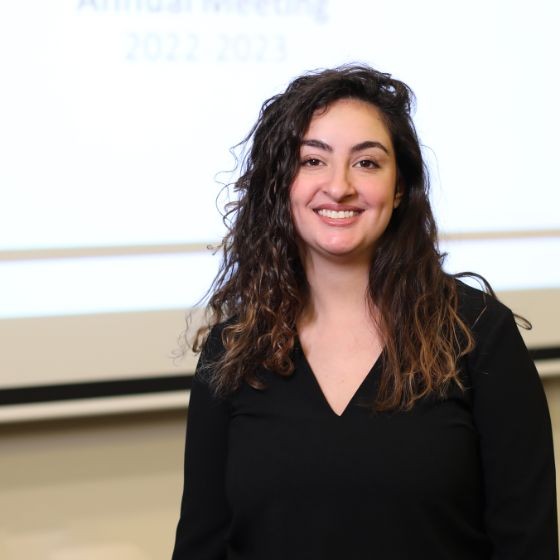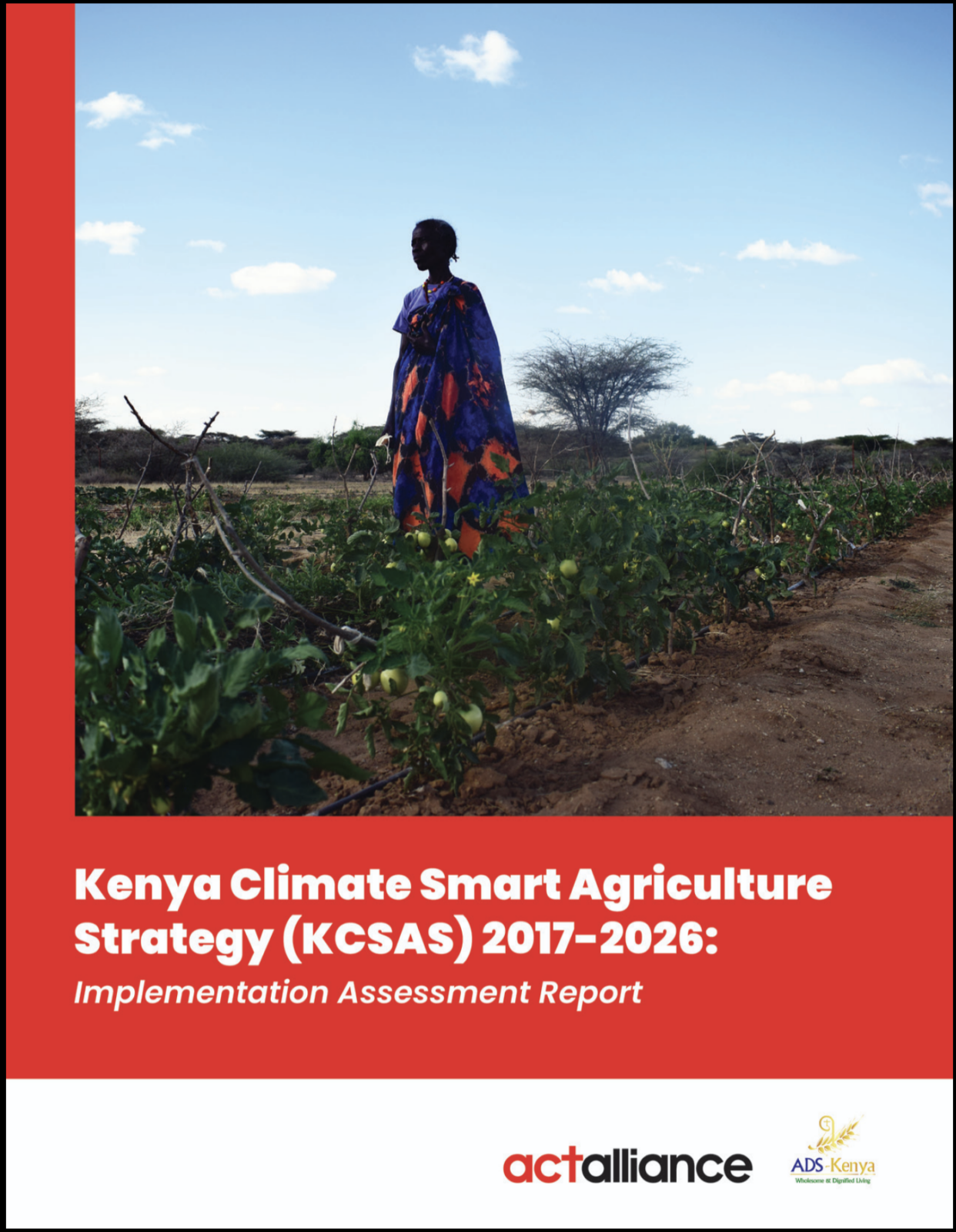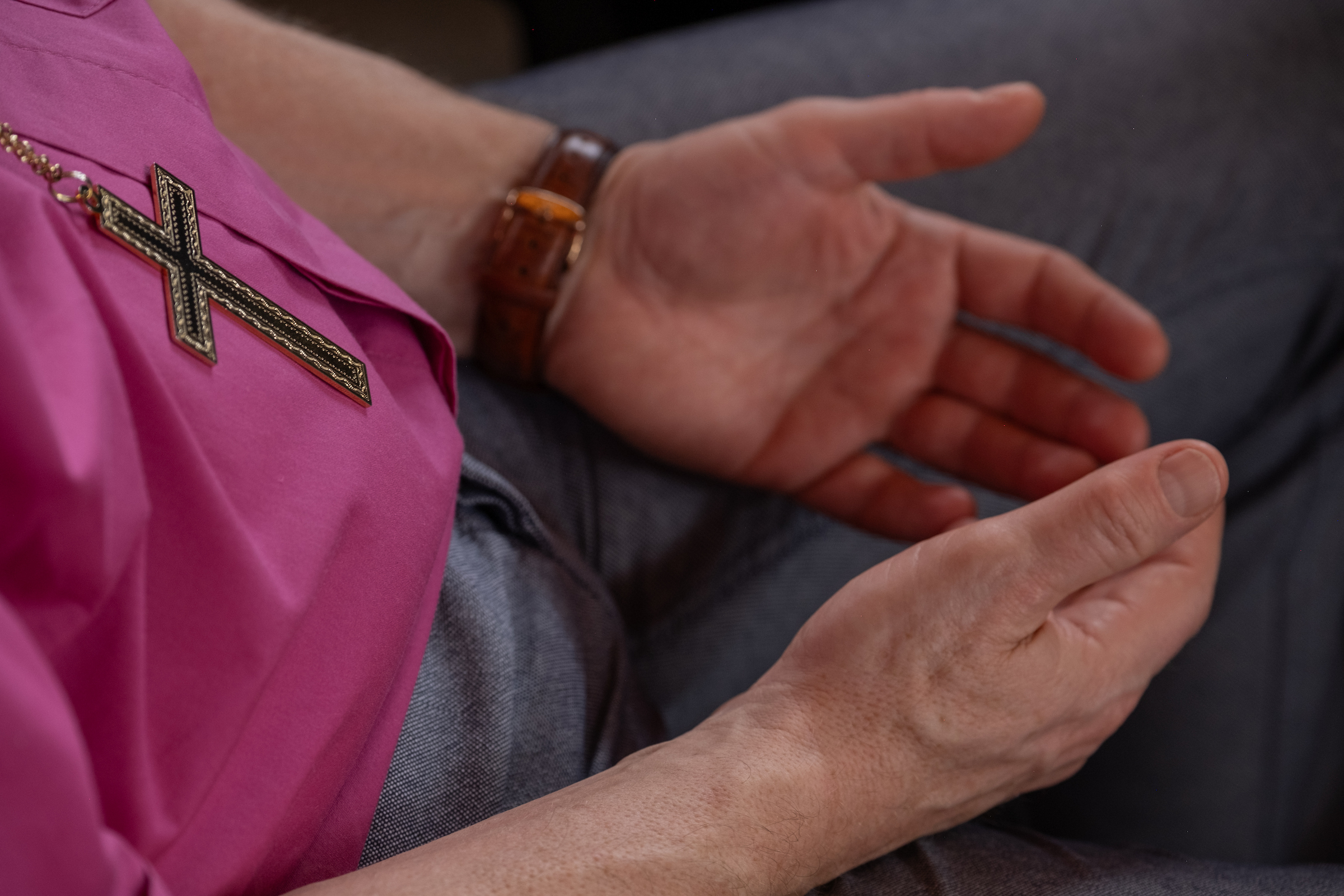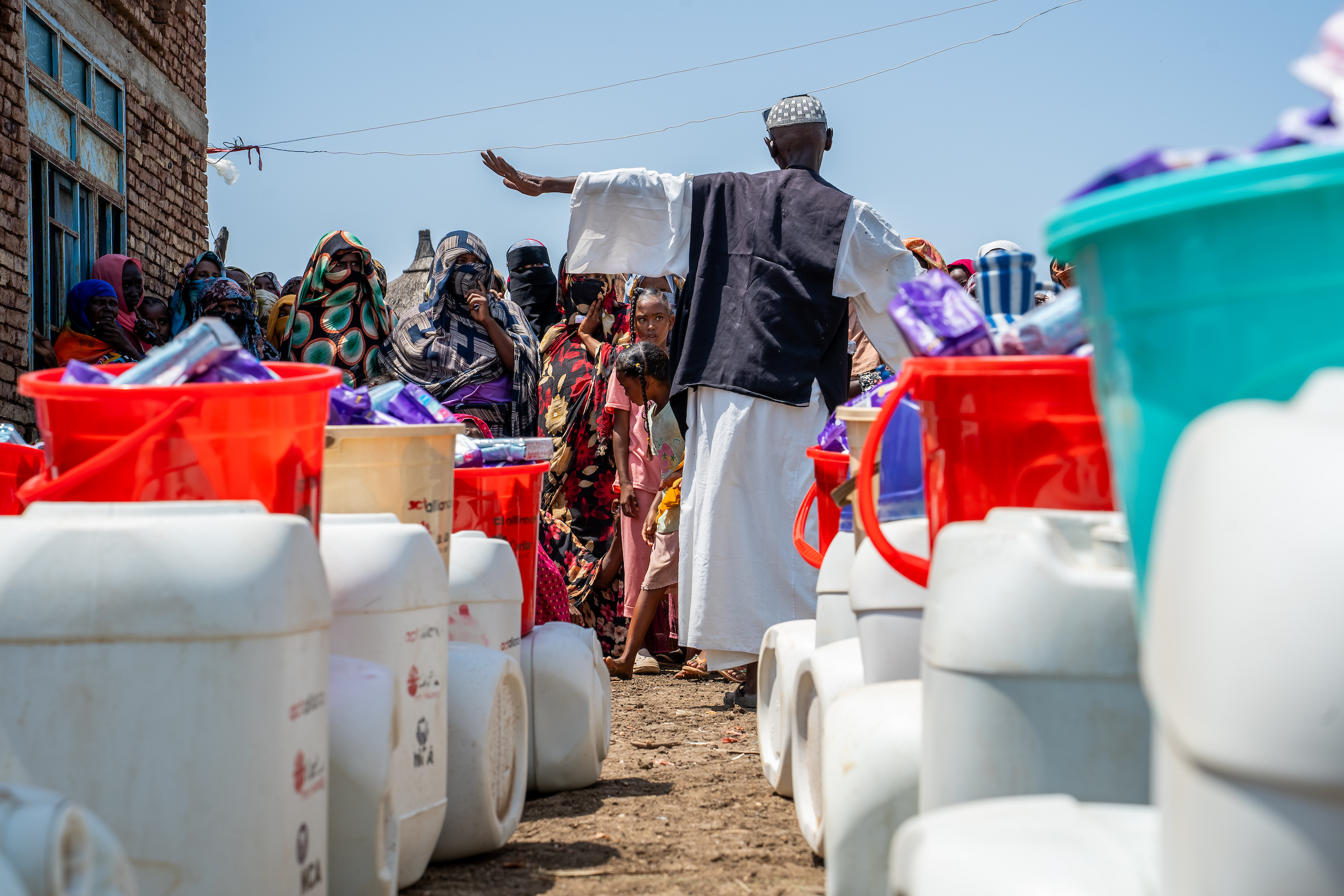By ACT Youth Climate Advocates from Africa and Latin America
As climate negotiations continue in COP30 in Belém, Brazil, young people across regions are united by a shared purpose: securing a climate-just future grounded in human rights, equity, and intergenerational responsibility. From Africa to Latin America, youth movements are rising with clarity, conviction, and concrete priorities. The message is clear: climate justice cannot be achieved without meaningful youth leadership at the centre of decision-making.
Africa: Finance, Adaptation, Accountability, and Intergenerational Leadership
Youth delegates across Africa, engaged through the Nairobi Summer School on Climate Justice, the Africa Youth Climate Assembly, Africa Climate Week, and the second Africa Climate Summit, shaped a set of priorities rooted in Africa’s lived realities and aspirations.
- Unlock Climate Finance for Youth-Led Action: Despite pledges at ACS2 to mobilise USD 50 billion annually for African-led climate solutions, youth-led projects receive less than five percent of available financing. Young entrepreneurs designing solar irrigation systems, community energy cooperatives, and locally led adaptation innovations need direct access to flexible, predictable finance. COP30 must advance simplified access windows within global funds and regional institutions.
- Prioritise Adaptation and Community Resilience: Climate shocks across Africa are intensifying, with crop failures, floods, and water scarcity threatening livelihoods. Investments must strengthen locally led adaptation, integrate indigenous knowledge, and accelerate climate-resilient agriculture and early warning systems. The launch of the Climate Justice Impact Fund for Africa is a promising step, but must be scaled and accessible to frontline communities.
“In our region, adaptation grants from the Climate Justice Impact Fund for Africa (CJIFA), which have already reached Uganda and 16 other countries, are helping communities build climate-resilient crops and water systems,” says Martha Agwang (Uganda). “We call for investments that align indigenous practices with modern technology, such as drought-resistant seeds and early warning systems.”
- Institutionalise Youth Inclusion in Climate Governance: Youth participation must move beyond symbolic inclusion. COP30 should ensure that youth are embedded in national delegations, negotiation bodies, and implementation mechanisms. Intergenerational dialogue is a foundation for Africa’s climate leadership, not a gesture.
- Climate Education and Knowledge Empowerment: Africa needs climate education integrated into school curricula, vocational training, and community learning. Climate literacy strengthens resilience and enables youth to innovate, act, and demand accountability.
- Transparency, Accountability, and Public Monitoring: Africa’s climate commitments, including Mission 300 and the African Climate Innovation Compact, must be tracked through national accountability dashboards. Transparent reporting is essential for trust and climate justice.
“We must move from being guests at summits to being part of negotiation delegations,” emphasises Ngoni Muchenje (Zimbabwe). COP30 must include mechanisms where youth are part of official climate bodies, ensuring continuous representation.”
Latin America and the Caribbean: Protection of Rights, Human Mobility, and Climate-Resilient Societies
Youth activists in Latin America have raised urgent concerns regarding human mobility, loss and damage, and the protection of indigenous and local communities who stand on the frontline of the climate crisis.
- Prioritise Protection for Climate-Induced Human Mobility: Millions in the region are displaced by extreme weather events, sea-level rise, and slow-onset climatic changes. COP30 must strengthen protection frameworks under the UNFCCC, support regional cooperation, and expand mechanisms for people internally displaced or forced across borders.
- Advance Loss and Damage Action Grounded in Justice: Countries across Latin America experience recurrent disasters, from hurricanes to droughts, yet access to finance for loss and damage remains limited. Youth demand an annual State of Loss and Damage Report to quantify needs, assess gaps, and mobilise predictable resources for recovery and rehabilitation.
- Strengthen Indigenous and Afro-descendant Leadership: Indigenous peoples protect the majority of the region’s biodiversity, yet face acute climate impacts. Their leadership must be at the heart of adaptation planning, loss and damage responses, and land restoration initiatives.
- A Just Transition that Leaves No One Behind: Latin America requires a transition that safeguards workers’ rights, creates dignified green jobs, and supports small-scale farmers and communities dependent on natural resources. Youth call for transition plans that prioritise equity and local development.
A Shared Global Youth Call to COP30.
Despite regional differences, the message from young people across Africa and Latin America is aligned and powerful:
- Deliver Climate Finance that Reaches Communities: Finance must shift from pledges to predictable flows that reach those most affected, especially youth innovators, women, and Indigenous communities.
- Centre Human Rights in All Climate Actions: From human mobility to gender justice, climate action must protect dignity, security, and equality.
- Strengthen Regional Climate Governance: Young people want climate decisions made with them, not for them. COP30 must institutionalise youth inclusion across all levels of the UNFCCC process.
- Prioritise Adaptation, Loss and Damage, and Resilience: With rising climate impacts, adaptation and loss and damage must be elevated as urgent priorities equal to mitigation.
- Uphold Intergenerational Equity: The decisions made at COP30 will shape life outcomes for generations. Delayed action is not an option.
Africa and Latin America’s youth are not observers in this process; they are leaders, innovators, and custodians of the future. We are calling for climate action that is ambitious, equitable, and accountable. As the world converges in Belém, we urge Parties to match our resolve with commitments that protect people, safeguard ecosystems, and secure a just and resilient world for all.
“Our generation is not waiting for the future because we’re building it now, but we need systems that believe in us, leaders who listen, and spaces that allow us to lead. As we head into COP30, Africa must show up not just with promises, but with plans, transparency, youth-led action, and accountability. Our future depends on it, and so does the world’s credibility when it comes to climate justice.”Rachel Kenny,ACT Youth from Tanganyika Christian Refugee Services (TCRS)
Young people are not waiting for permission to lead. We are building the future now. What we need from the world is partnership, trust, and action that rises to the scale of the crisis.
Read the full statement from the Global ACT Youth Community of Practice here:ACT Youth COP 30 Call to Action – english and ACT Youth COP 30 Call to Action- español
Read full perspectives from Africa Youth here: Africa’s Priorities for COP30_A Youth Perspective
Watch the youth press conference at COP30 here




